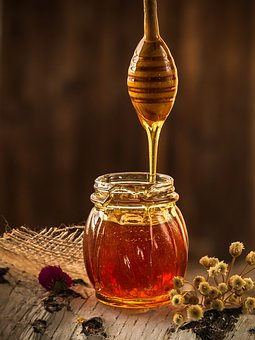 We all want to be at our healthiest. For some, this means taking a vitamin each morning. Marla Ahlgrimm says, however, that, with few exceptions, these supplements don’t do much to boost our overall wellness. Keep reading as the retired pharmacist opens up about OTC vitamins.
We all want to be at our healthiest. For some, this means taking a vitamin each morning. Marla Ahlgrimm says, however, that, with few exceptions, these supplements don’t do much to boost our overall wellness. Keep reading as the retired pharmacist opens up about OTC vitamins.
Q: How many people take vitamins?
Marla Ahlgrimm: Some studies estimate that more than half of Americans take a daily vitamin. Vitamins and other over-the-counter health supplements are a $31 billion business, and it is growing every day. As people look to extend their healthy years, the shelves become crowded with new products that claim to do just that.


















 Marla Ahlgrimm has co-authored two ground-breaking books,
Marla Ahlgrimm has co-authored two ground-breaking books,